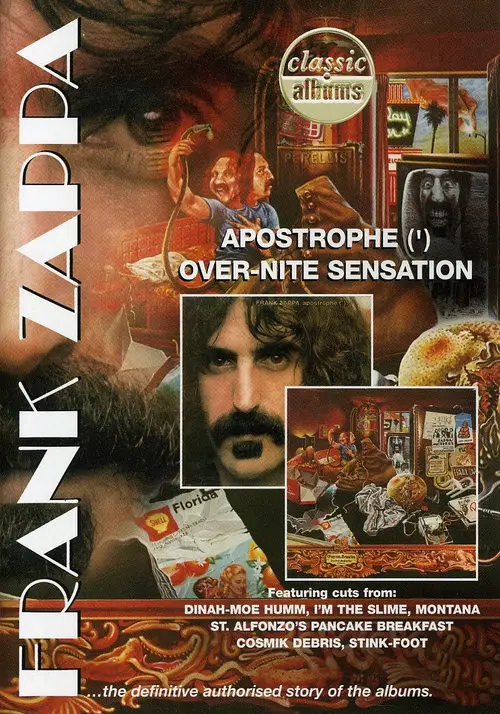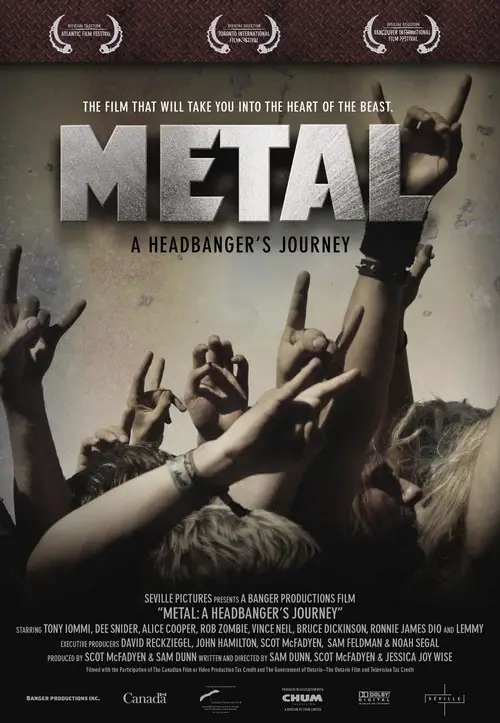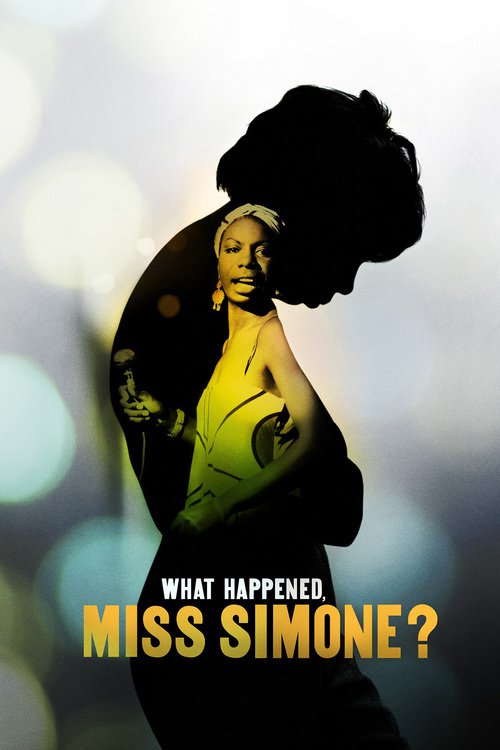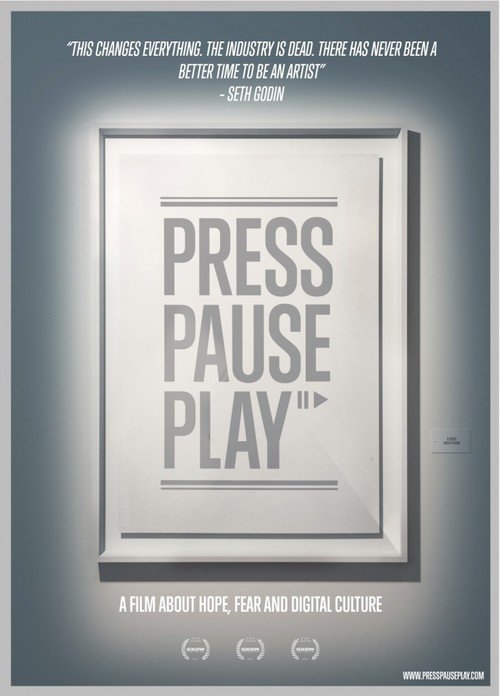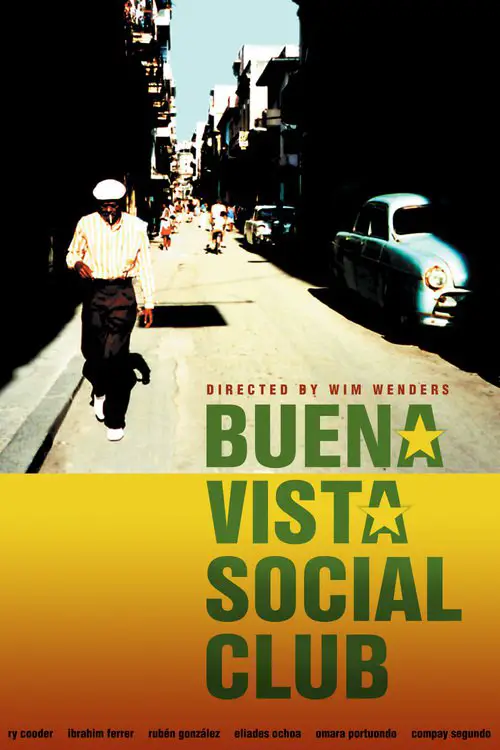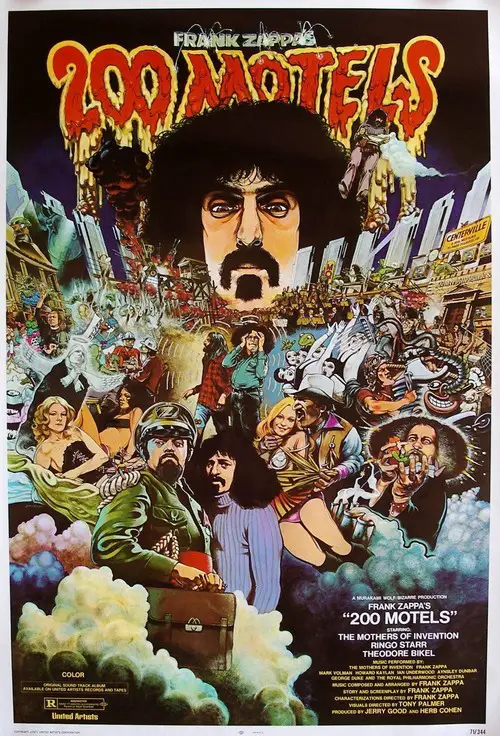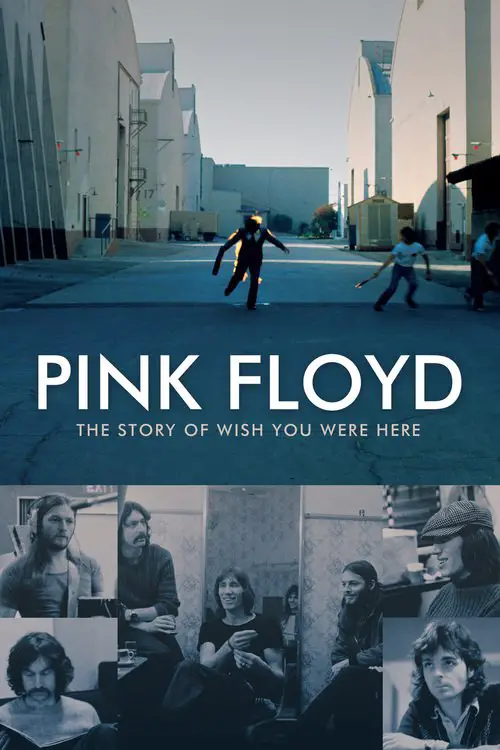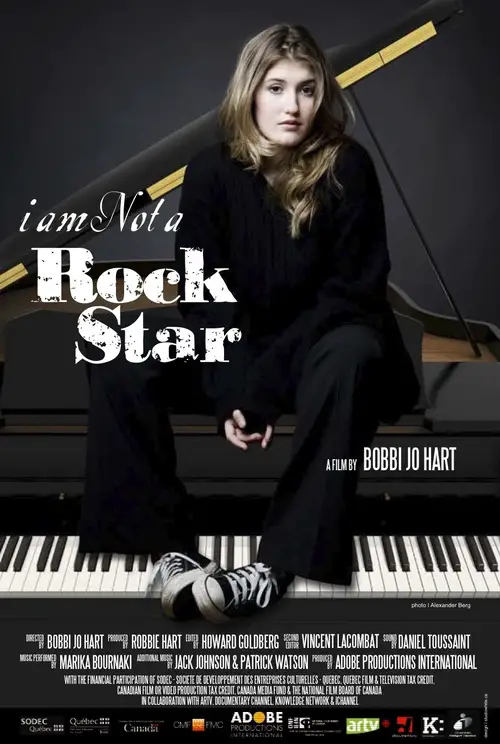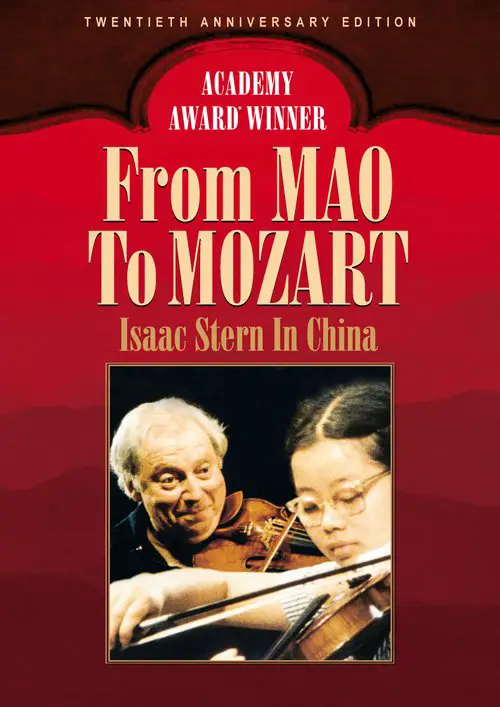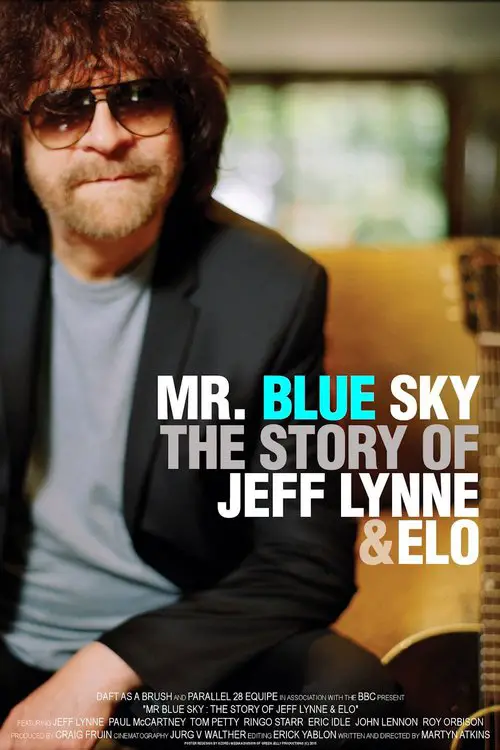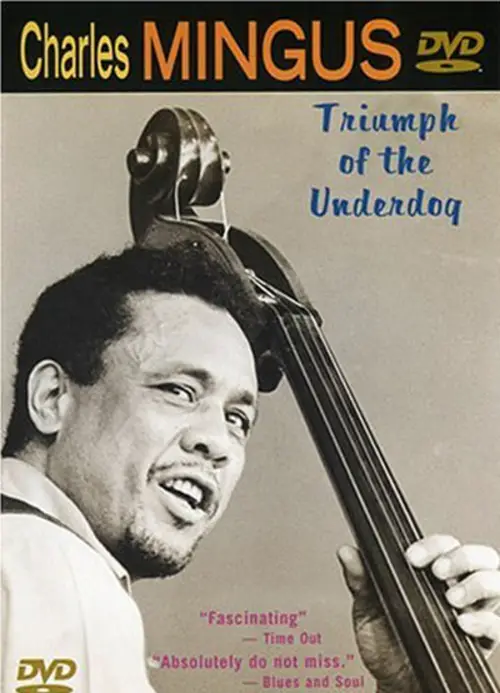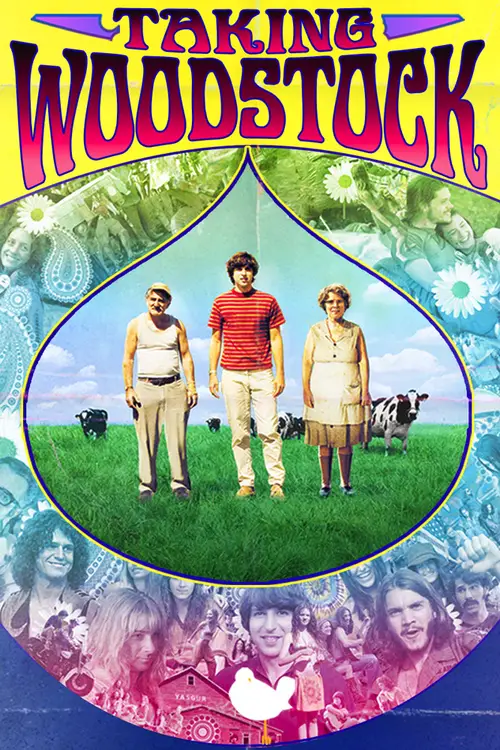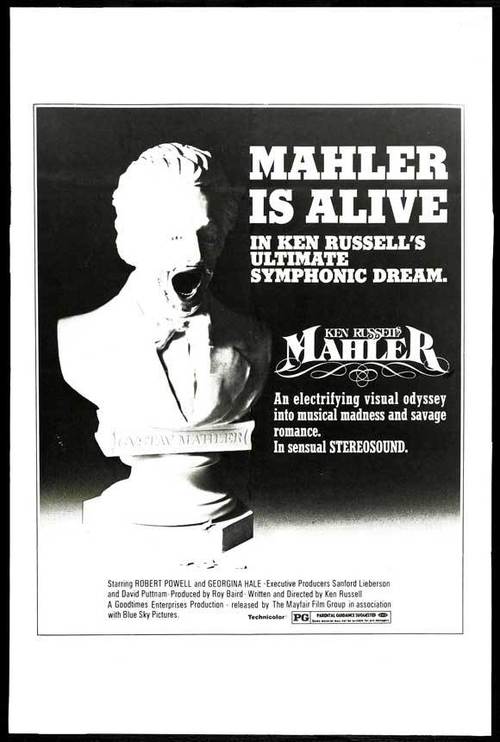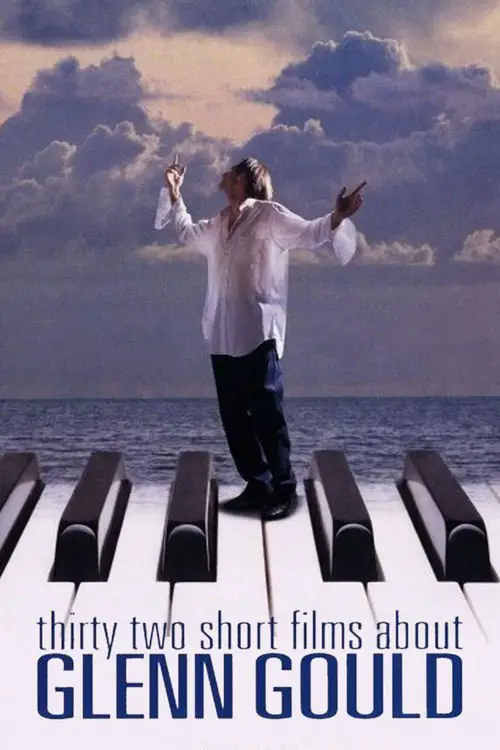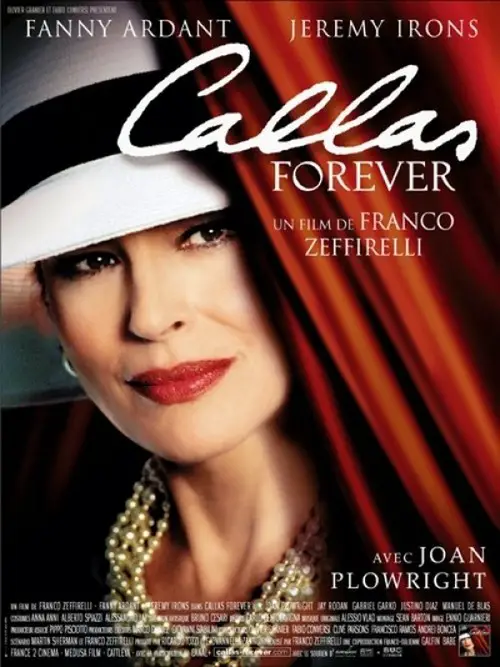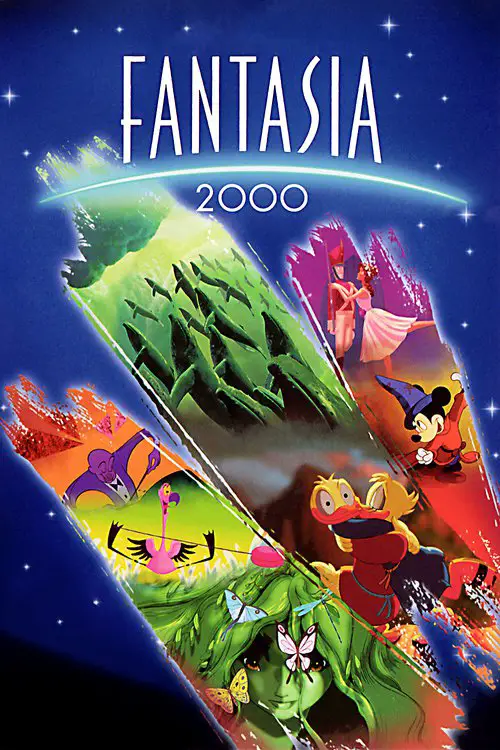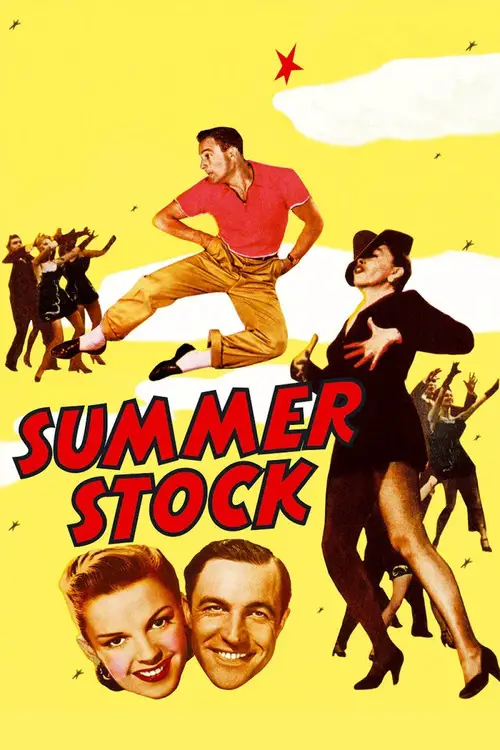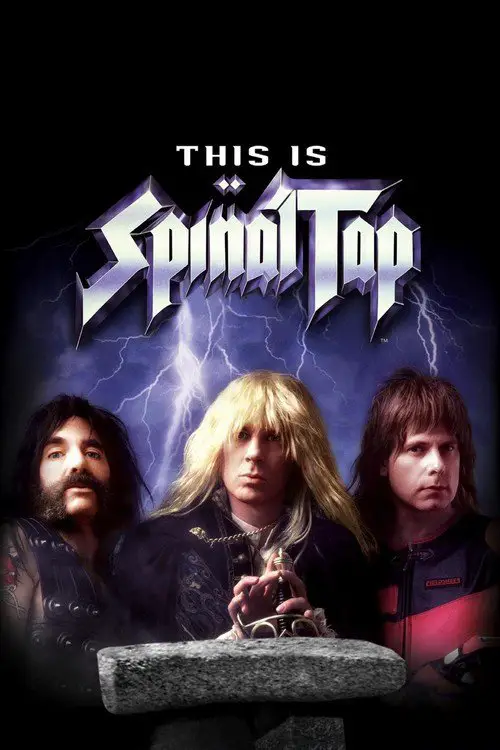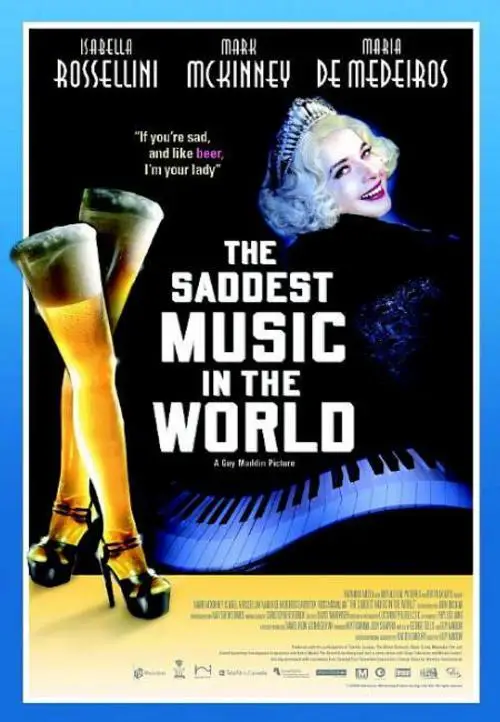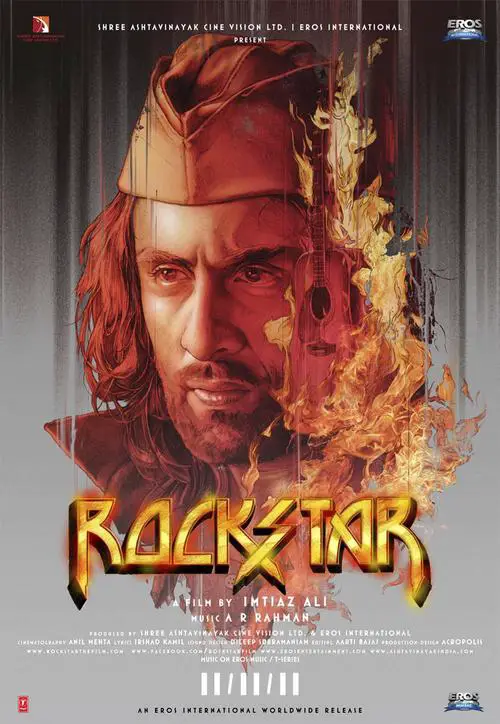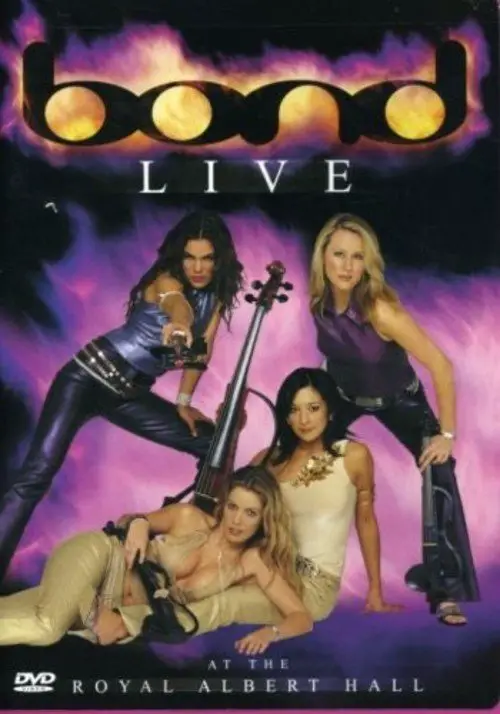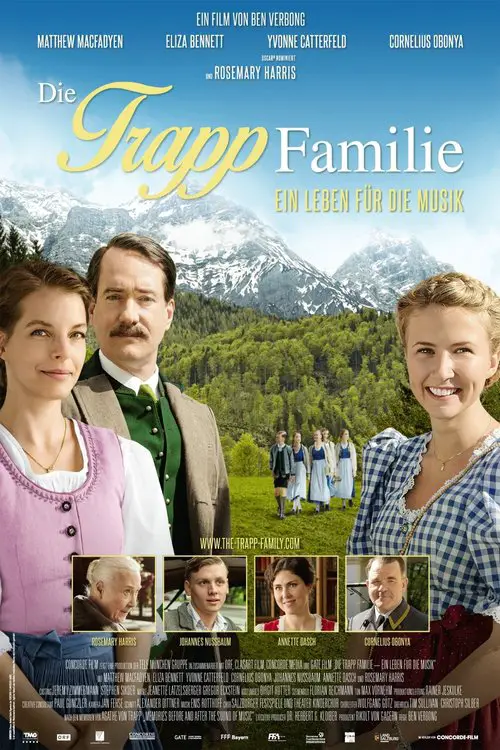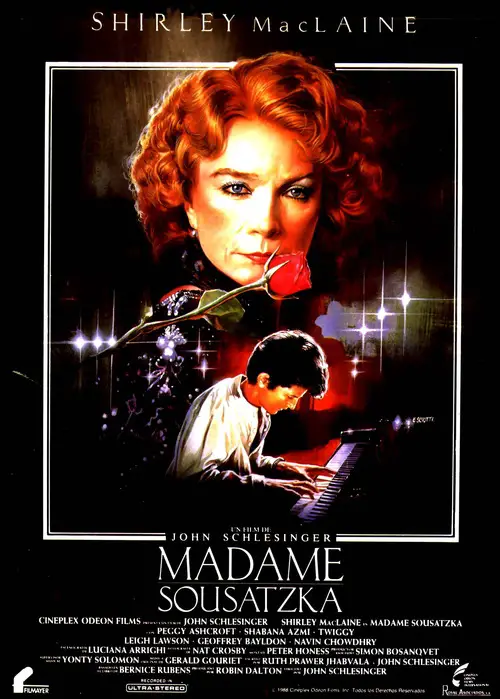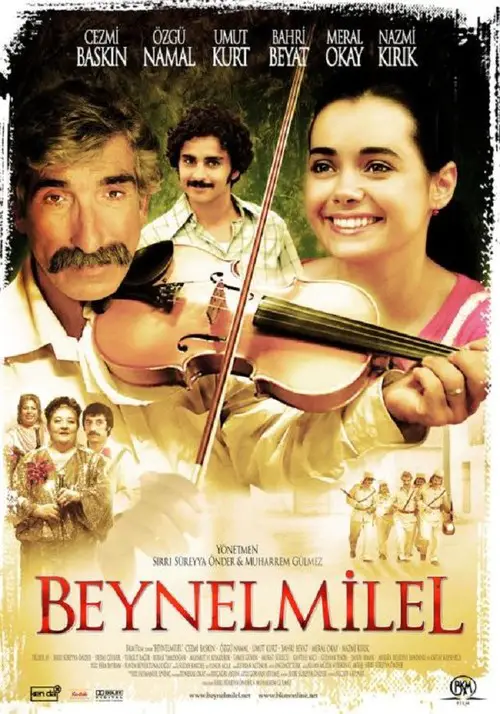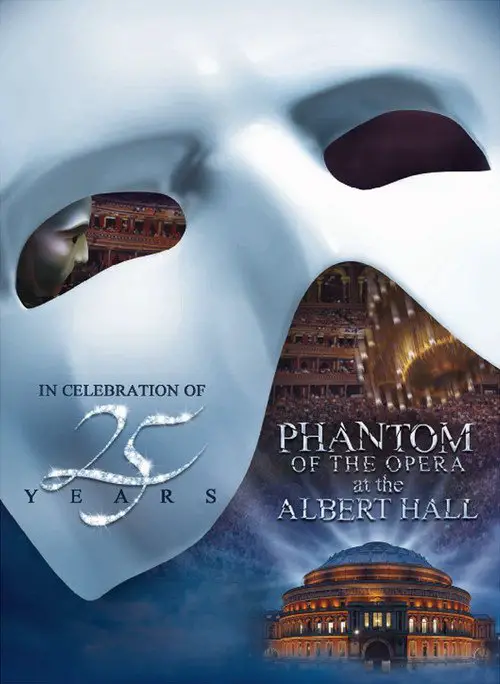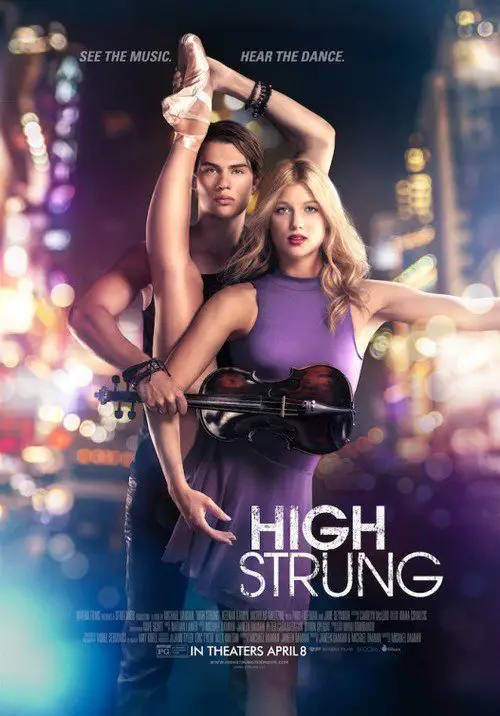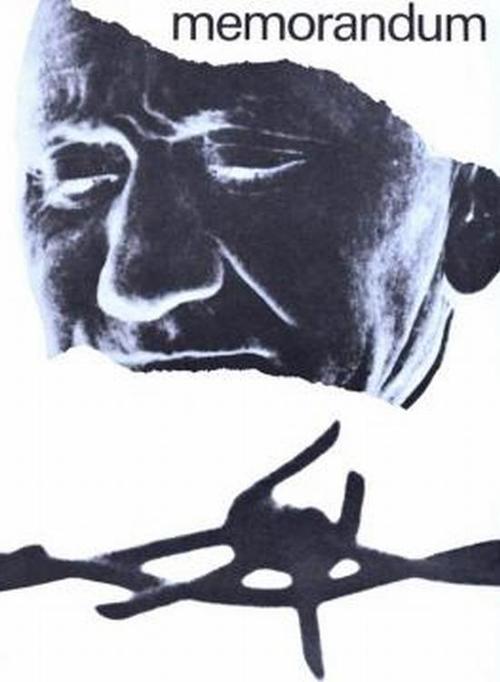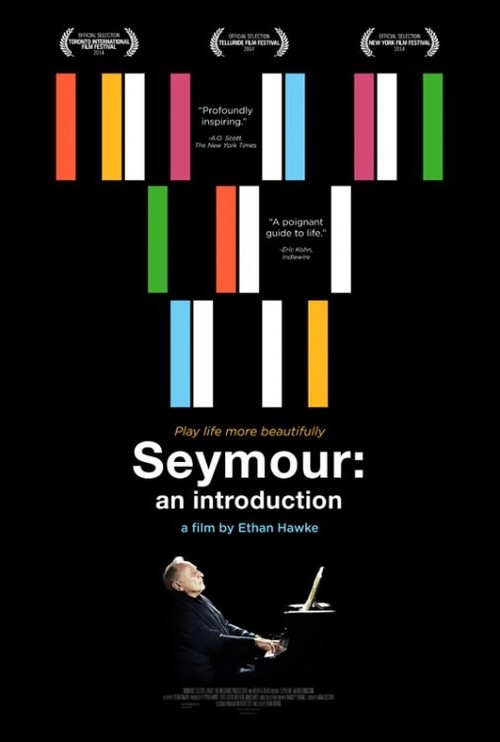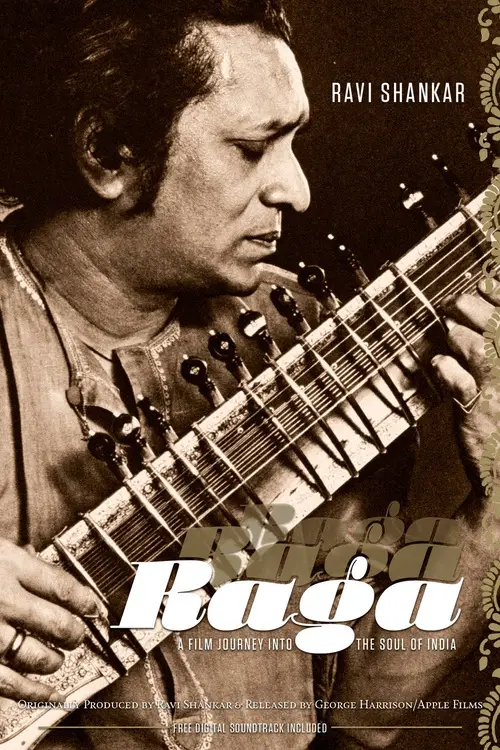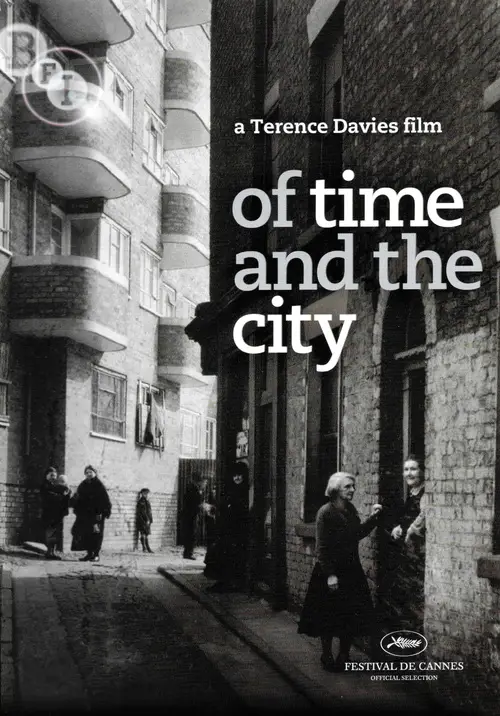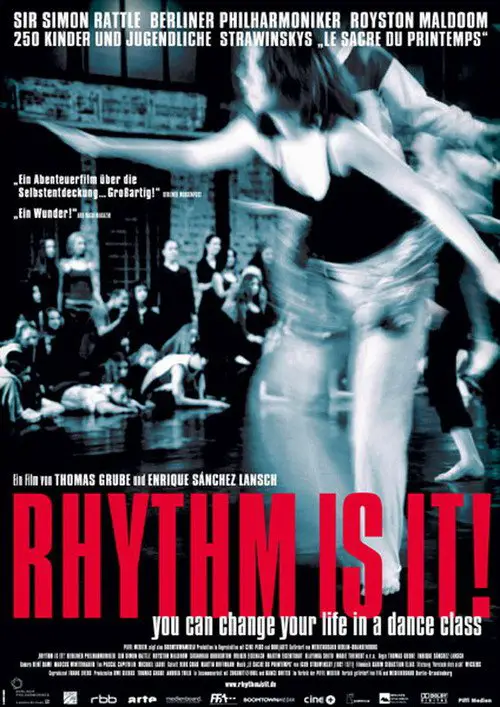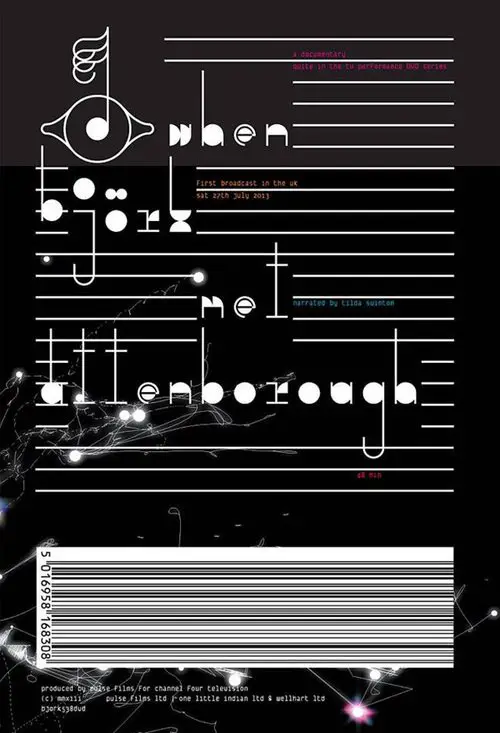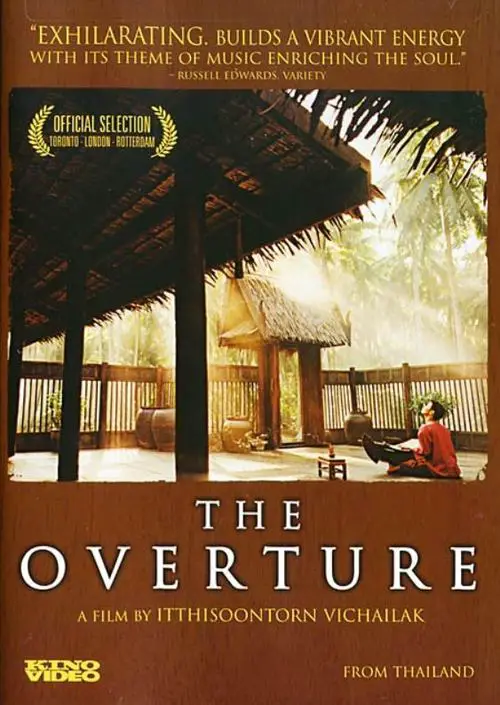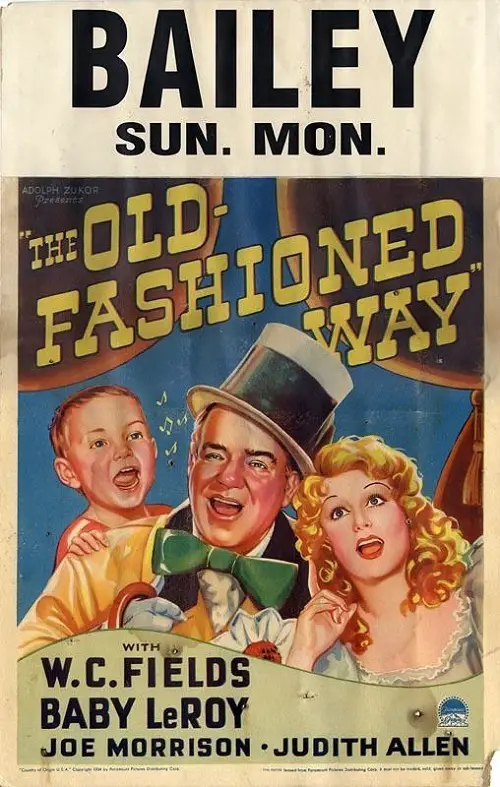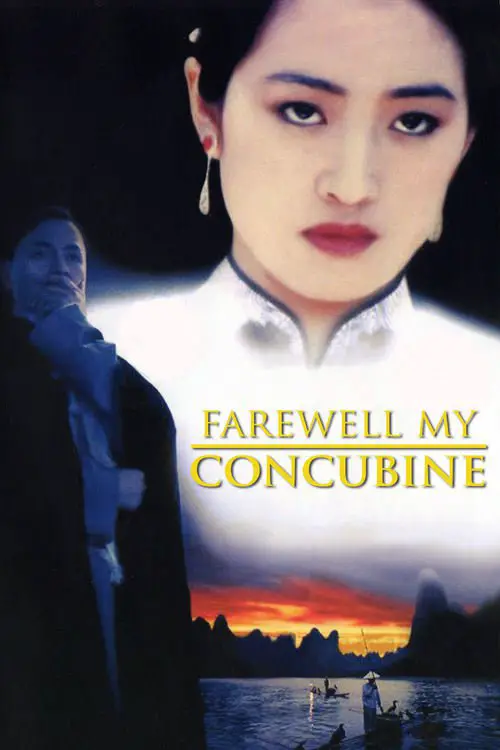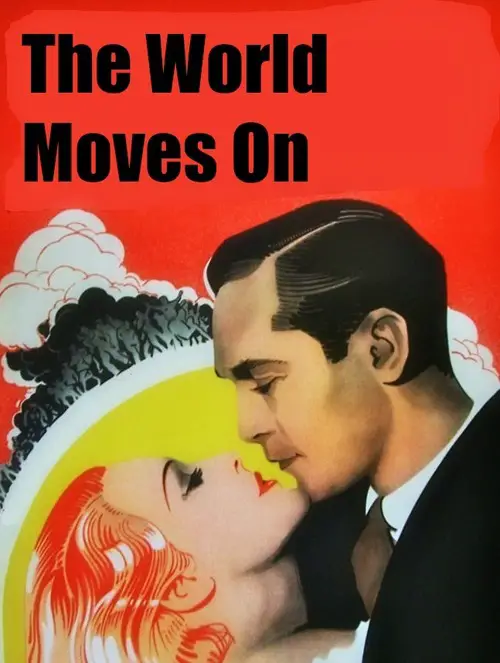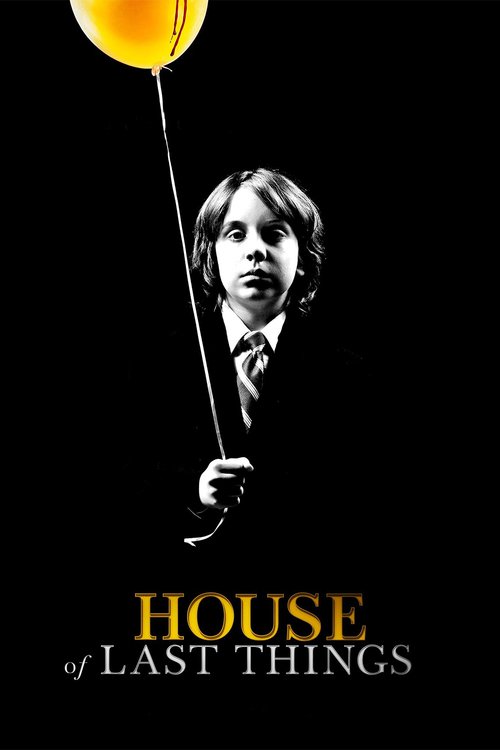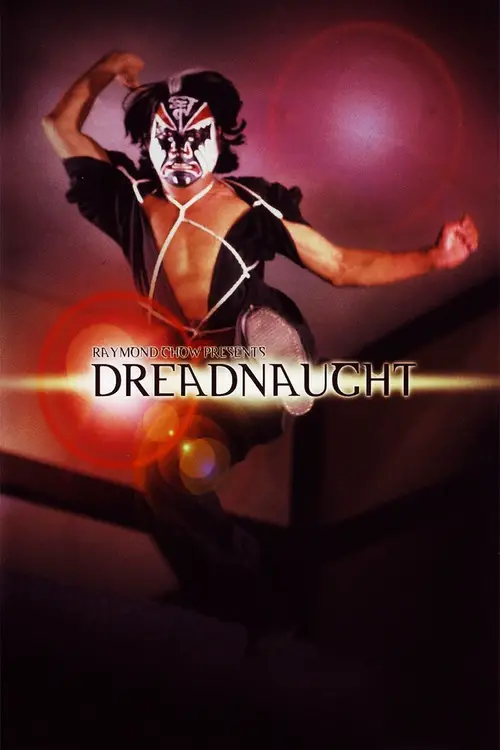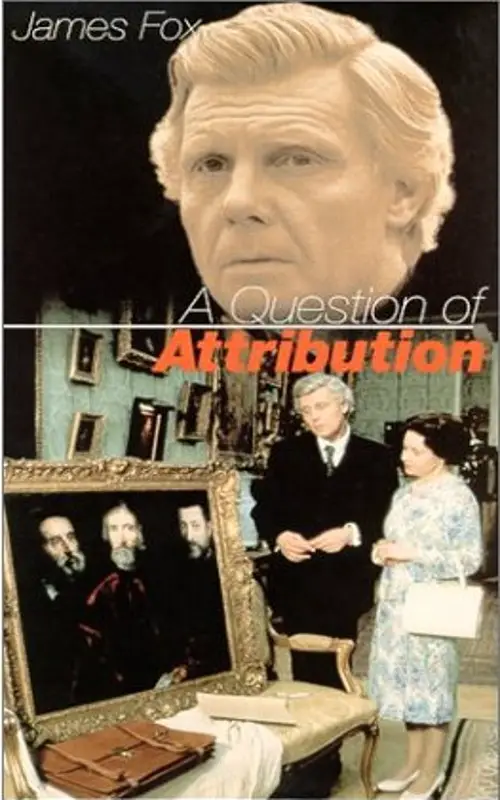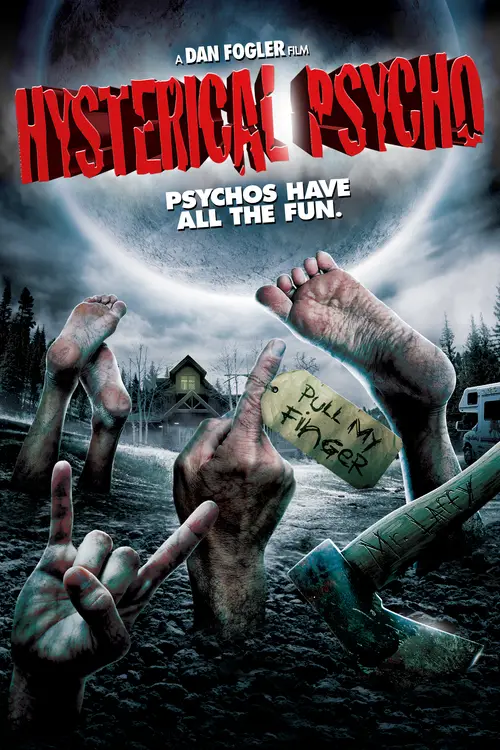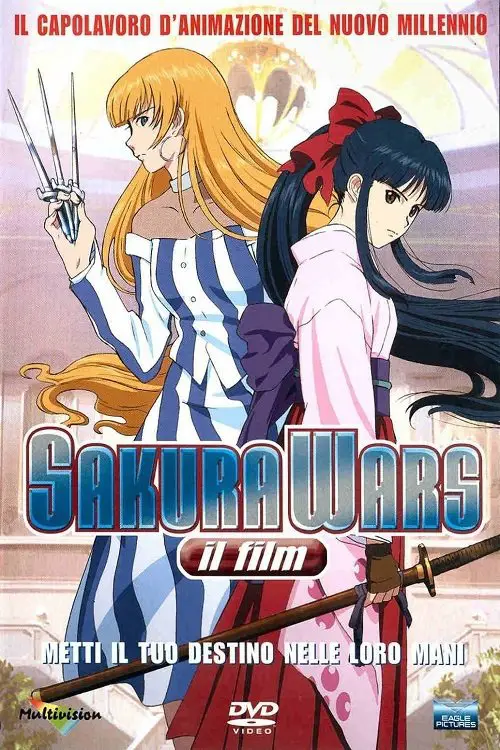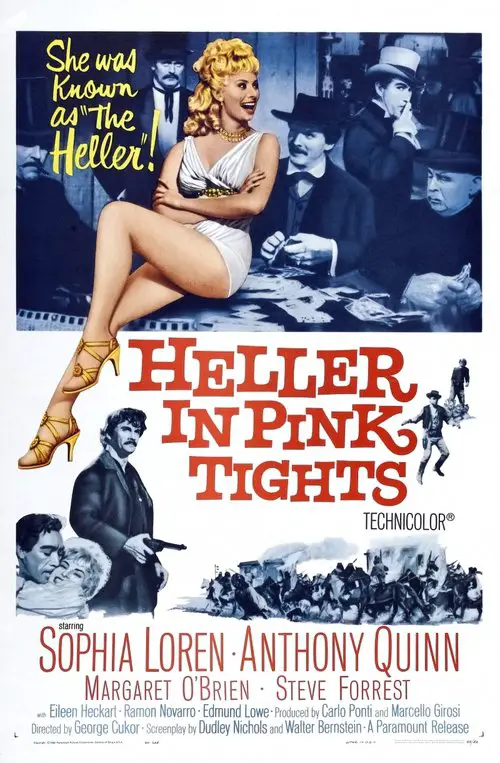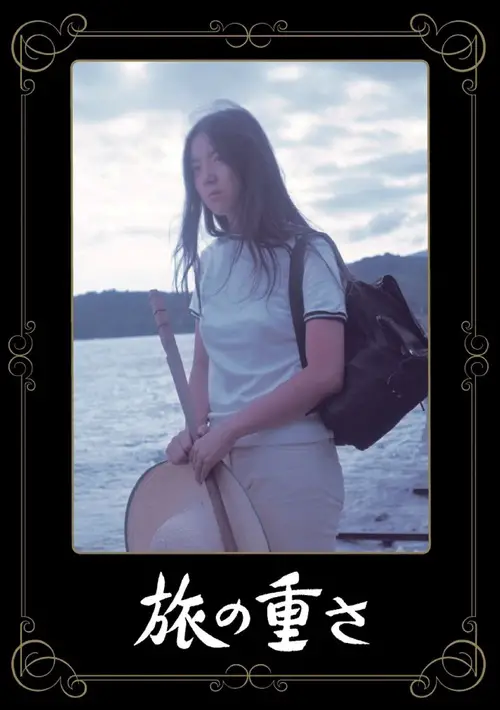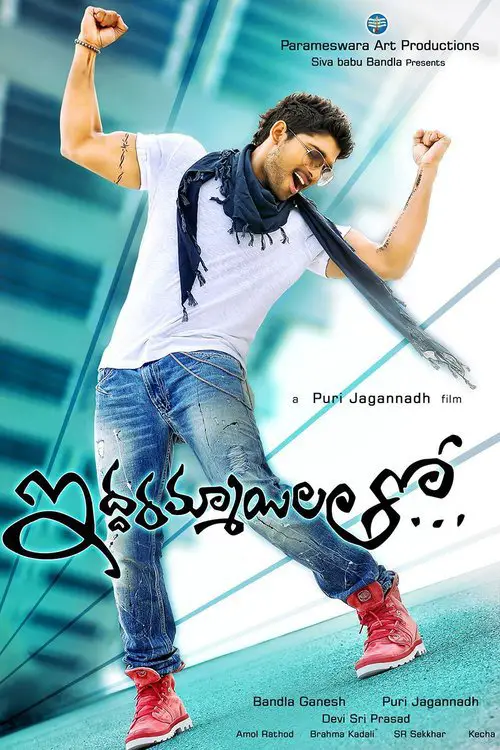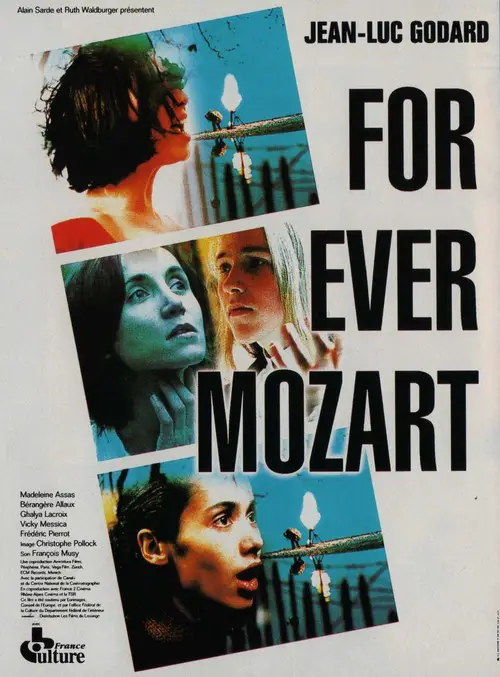Wagner & Me (2010)
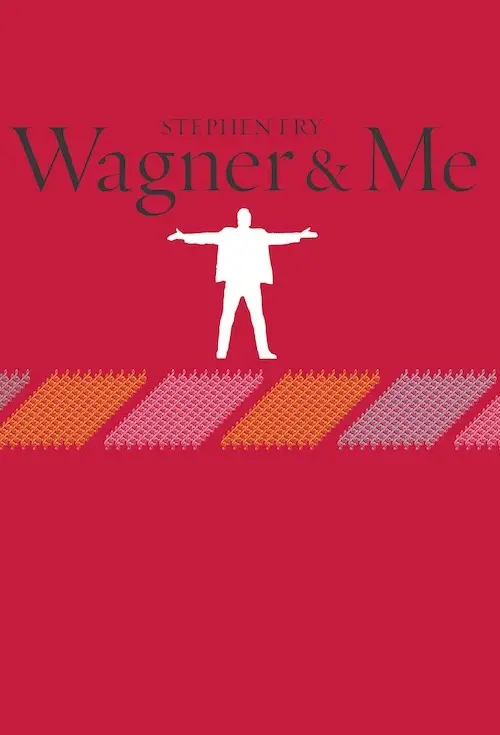
Similar movies
This episode focuses on Zappa's early 70s albums, Overnight Sensation (1973) and Apostrophy (') (1974). Together they encapsulate Zappa's extraordinary musical diversity and were also the 2 most commercially successful albums that he released in his prolific career. Included are interviews, musical demonstrations, rare archive & home movie footage, plus live performances to tell the story behind the conception and recording of these groundbreaking albums. Extras include additional interviews and demonstrations not included in the broadcast version, 2 full performances from the Roxy in 1973 and Saturday Night Live in 1976, and new full live performance done specially for these Classic Albums.
It is about a music school in Philadelphia, The Paul Green School of Rock Music, run by Paul Green that teaches kids ages 9 to 17 how to play rock music and be rock stars. Paul Green teaches his students how to play music such as Black Sabbath and Frank Zappa better than anyone expects them to by using a unique style of teaching that includes getting very angry and acting childish.
The film discusses the traits and originators of some of metal's many subgenres, including the New Wave of British Heavy Metal, power metal, Nu metal, glam metal, thrash metal, black metal, and death metal. Dunn uses a family-tree-type flowchart to document some of the most popular metal subgenres. The film also explores various aspects of heavy metal culture.
The digital revolution of the last decade has unleashed creativity and talent of people in an unprecedented way, unleashing unlimited creative opportunites. But does democratized culture mean better art, film, music and literature or is true talent instead flooded and drowned in the vast digital ocean of mass culture? Is it cultural democracy or mediocrity? This is the question addressed by PressPausePlay, a documentary film containing interviews with some of the worldâs most influential creators of the digital era.
In this fascinating Oscar-nominated documentary, American guitarist Ry Cooder brings together a group of legendary Cuban folk musicians (some in their 90s) to record a Grammy-winning CD in their native city of Havana. The result is a spectacular compilation of concert footage from the group's gigs in Amsterdam and New York City's famed Carnegie Hall, with director Wim Wenders capturing not only the music -- but also the musicians' life stories.
"Touring makes you crazy," Frank Zappa says, explaining that the idea for this film came to him while the Mothers of Invention were touring. The story, interspersed with performances by the Mothers and the Royal Symphony Orchestra, is a tale of life on the road. The band members' main concerns are the search for groupies and the desire to get paid.
Wish You Were Here, released in September 1975, was the follow up album to the globally successful The Dark Side Of The Moon and is cited by many fans, as well as band members Richard Wright and David Gilmour, as their favorite Pink Floyd album. On release it went straight to Number One in both the UK and the US and topped the charts in many other countries around the world. This program tells the story of the making of this landmark release through new interviews with Roger Waters, David Gilmour and Nick Mason and archive interviews with the late Richard Wright. Also featured are sleeve designer Storm Thorgerson, guest vocalist Roy Harper, front cover burning man Ronnie Rondell and others involved in the creation of the album. In addition, original recording engineer Brian Humphries revisits the master tapes at Abbey Road Studios to illustrate aspects of the songs construction.
The sacrifice of self, the acclaim, the adoring crowds â classical pianist Marika Bournaki fits the role. But the title of Bobbi Jo Hart's award-winning biographical documentary, I am Not a Rock Star, speaks to the contradictions of Bournaki's life. Shot over a span of eight years - following the pianist from 12 to 20 years of age - Hart's film amounts to a front row seat in the unfolding of a life and the forming of a personality. Shot in verité style in concert halls, hotels and airports around the world and featuring stunning piano performances, the film turns Bournaki's life into a visual narrative, revealing both the rewards and costs of a life dedicated to music
Documentary which gets to the heart of who Jeff Lynne is and how he has had such a tremendous musical influence on our world. The story is told by the British artist himself and such distinguished collaborators and friends of Jeff as Paul McCartney, Ringo Starr, Tom Petty, Joe Walsh, Olivia and Dhani Harrison, Barbara Orbison and Eric Idle. The film reveals that Lynne is a true man of music, for whom the recording studio is his greatest instrument. With access to Lynne in his studio above LA, this is an intimate account of a great British pop classicist who has ploughed a unique furrow since starting out on the Birmingham Beat scene in the early 60s, moving from the Idle Race to the multi-million selling ELO in the 70s and then, with Bob Dylan, Tom Petty, Roy Orbison and George Harrison, as a key member of the Traveling Wilburys.
This documentary on the effect the talent competition "Afghan Star" has on the incredibly diverse inhabitants of Afghanistan affords a glimpse into a country rarely seen. Contestants risk their lives to appear on the television show that is a raging success with the public and also monitored closely by the government.
Don McGlynn's uncompromising and soulful documentary look at the tumultuous life of musician and rebel Charles Mingus is fascinating stuff. Mingus said of himself "I am half black man, half yellow man, but I claim to be a Negro. I am Charles Mingus, the famed jazz musician--but not famed enough to make a living in America." His statement summed up the conflict that plagued this musical genius his entire life: volatility, pain, prescience, and raw rage roiled inside a complex man, composer, bass player, and trombonist who transcended labels and refused to be pigeonholed into a single musical style--and who did not achieve real fame until late in his career.
The story of Elliot Tiber and his family, who inadvertently played a pivotal role in making the famed Woodstock Music and Arts Festival into the happening that it was. When Elliot hears that a neighboring town has pulled the permit on a hippie music festival, he calls the producers thinking he could drum up some much-needed business for his parents' run-down motel. Three weeks later, half a million people are on their way to his neighborâs farm in White Lake, New York, and Elliot finds himself swept up in a generation-defining experience that would change his lifeâand American cultureâforever.
The film begins on a train journey with Gustav Mahler (Robert Powell) and his wife Alma (Georgina Hale) confronting their failing marriage. The story is then recounted in a series of flashbacks (some of which are surrealistic and nightmarish), taking one through Mahler's childhood, his brother's suicide, his experience with anti-semitism, his conversion from Judaism to Catholicism, his marital problems, and the death of his young daughter. The film also contains a surreal fantasy sequence involving the anti-Semitic Cosima Wagner (Antonia Ellis), widow of Richard Wagner, whose objections to his taking control of the Court Opera were supposedly removed by his conversion to Catholicism. In the process, the film explores Mahler's music and its relationship to his life.
Fantasia is the adventurous 1940 experiment from Disney. The film sets Disney animated characters to classical music as Mickey Mouse uses his magic wand to set broomsticks dancing in one of the more famous elaborate scenes. The film was groundbreaking in its usage of animation and music and is still considered a masterpiece decades later.
Legendary British rock band Spinal Tap is followed by a documentary film-maker during their attempt at an American comeback tour. The resulting film, interspersed with powerful performances showcasing Tap's pivotal music and profound lyrics, candidly follows the group as the difficult industry threatens to fade them into obscurity.
In Depression-era Winnipeg, a legless beer baroness hosts a contest for the saddest music in the world, offering a grand prize of $25,000. Contestants flock in from around the globe. Representing America is Chester Kent, a theatre producer who thinks he's an American despite being Canadian; representing Serbia is his brother, Gavrilo the Great, who is succumbing to madness over the death of his son; and representing Canada is their father, a pathetic drunkard. As the competition builds toward its climax, these estranged characters are brought together to express their deep feelings of pain and ultimately give in to treachery.
Filmed at their Royal Albert Hall debut gig in September 2000, Bond Live is a slick showcase for four classically trained, ex-session musicians and their fusion of string quartet and rock music. Whatever the hype (four beautiful women wearing scanty tops and dancing with violins while backed by a five-piece rock combo and a small, rarely seen string section), it has nothing to do with making classical music cool and everything to do with sex. In "Duel," first and second violins Haylie Ecker and Eos trade licks "guitar-hero" style, and most of the tracks are new instrumentals written for the album Born, though "The 1812" does manage to reduce Tchaikovsky's overture to a five-minute dance number. With rock-show lighting, synthesizers, dance beats, and a finale involving the "James Bond Theme" followed by a Rio-style fiesta for the closing "Victory--Carnival Mix," this is camp, melodramatic, sexy fun.
A Film Journey to the Soul of India documents the life of sitar master Ravi Shankar in the late 1960s and early 1970s, following him on his return to India to revisit his guru, Bengali multi-instrumentalist and composer, Baba Ustad Allauddin Khan. It further explores Shankar's life as a musician and teacher in the United States and Europe, initiating those in the West to the exceptional world that is Indian classical music and culture. Through rare and candid footage shot in both India and the United States, Raga sheds light on Shankar's influences and collaborations, from Allauddin Khan to his famed dancer brother Uday Shankar, to his associations with Western musicians Yehudi Menuhin and George Harrison. Fully narrated by Shankar himself, the film reveals music as the soul of India and of Shankar's life.
Of Time and The City is both a love song and a eulogy to the directors birthplace of Liverpool. It is also a response to memory, reflection and the experience of losing a sense of place as the skyline changes and time takes it toll. The visual content of âOf Time and the Cityâ consists largely of archival clips of Liverpool from the 1940s to the â60s, their nostalgic charm darkened by accompanying music and by the counterpoint of Mr. Daviesâs dry, at times dyspeptic voice-over narration. His voice thickens with emotion as he recalls the delights of juvenile moviegoing or the ritual of a holiday trip to New Brighton, and hardens with contempt when he turns his gaze on the hoopla surrounding Queen Elizabethâs coronation in 1953.
RHYTHM IS IT! records the first big educational project of the Berlin Philharmonic Orchestra under Sir Simon Rattle. The orchestra ventured out of the ivory tower of high culture into boroughs of low life for the sake of 250 youngsters. They had been strangers to classical music, but after arduous but thrilling preparation they danced to Stravinsky's 'Le Sacre du Printemps' ('The Rite of Spring'). Recorded with a breathtaking fidelity of sound, this film from Thomas Grube and Enrique Sánchez Lansch documents the stages of the Sacre project and offers deep insights into the rehearsals of the Berlin Philharmonic Orchestra.
Award-winning musician Björk and legendary broadcaster and naturalist Sir David Attenborough have admired each other's work for years but this is the first time they have discussed their mutual love of music and the natural world on screen. In this remarkable documentary, Björk explores our unique relationship with music and discovers how technology might transform the way we engage with it in the future.
Documents the true story of the final weeks of rehearsal for the Young at Heart Chorus in Northampton, MA and many of whom must overcome health adversities to participate. Their music going against the stereotype of their age group. Although they have toured Europe and sang for royalty, this account focuses on preparing new songs for a concert in their home town.
Based on the life of Luang Pradit Pairoh (Sorn Silapabanleng) the most revered traditional Thai music master who lived during the reigns of Kings Rama V to VIII, the movie traces the life of Sorn, who picked up the ra-nad ek (Thai xylophone) mallets as a small child and played all his life. The backdrop to Sorn's life tale is the story of Thailand's classical music from its golden age during the reign of King Rama V to near extinction after the end of the absolute monarchy when the government banned it as uncivilised in the 1930s -- a time when Field Marshall Plaek Pibulsongkram tried to push the Kingdom into the modern era.
In 1965, passionate musician Glenn Holland takes a day job as a high school music teacher, convinced it's just a small obstacle on the road to his true calling: writing a historic opus. As the decades roll by with the composition unwritten but generations of students inspired through his teaching, Holland must redefine his life's purpose.
In this comedy of an Englishman stranded in a sea of barbaric Americans, Marmaduke Ruggles (Charles Laughton), a gentleman's gentleman and butler to an Earl is lost in a poker game to an uncouth American cattle baron. Ruggles's life is turned upside down as he's taken to the USA, is gradually assimilated into American life, accidently becomes a local celebrity, and falls in love along the way.
Abandoned by his prostitute mother in 1920, Douzi was raised by a theater troupe. There he meets Shitou and over the following years the two develop an act entitled, "Farewell My Concubine," that brings them fame and fortune. When Shitou marries Juxian, Doutzi becomes jealous, the beginnings of the acting duo's explosive breakup and tragic fall take root.
Two families, cotton merchants in England and America, with branches in France and Prussia swear to stand by each other in a belief that a great business firmly established in four countries will be able to withstand even such another calamity as the Napoleonic Wars from which Europe is slowly recovering. Then many years later, along comes World War One and the years that follow, to test the businesses.
A short-tempered, violent criminal named "White Tiger" is on the run from the police and joins a theater troupe for disguise, killing anyone who angers him or who suspects his identity. One person he unsuccessfully tries to kill several times is a cowardly laundry man named "Mousy" who manages to escape mostly by running and hiding. When a very close friend of Mousy's is killed by the White Tiger, Mousy overcomes his cowardliness enough to seek revenge. Spectacular martial arts and acrobatics highlight the film, including a well choreographed fight between two pairs of men in dragon costume.
Sir Anthony Blunt, who was a Soviet agent for 25 years, is routinely questioned and gives no answers, but is knighted and works as Director of the Courtauld Institute, and presents his interrogator with a puzzle in the shape of a doubtful Titian painting. He also does art restoration work in Buckingham Palace, where he gets into an interesting conversation with HMQ.
The story starts in the 1930's at one of the largest rubber-tree plantations in Indochine (Vietnam). This plantation is owned by the French colonist Eliane, a proud woman who lives with her father and her native adoptive daughter Camille. She doesn't have a husband or a man in her life (apart from her father), but gets to know the young officer Jean-Baptiste when both want to buy the same painting at an auction. They have a short affair, but then she refuses to see him again. In the meantime it's Camille who has fallen in love with Jean-Baptiste and Eliane knows it. She makes sure he's sent to one of the most desolate outposts on some remote island, making sure that the two will never see each other again. Camille has no choice, but to marry the man she was promised to, but in the meantime she starts a search to find the man she really loves.
Following in the aftermath of a terrible Demon-Human war, turn of the century Japan is preparing a new fighting force in case the demons decide to return. A squadron of giant robots are built to be controlled by the spirit of the pilot, but it is discovered that the only people with sufficient spirit are young women. After recruiting a team of youths from around the world, the Japanese government decides to keep them a secret by disguising them as a theater troupe, thus requiring them to spend as much time memorizing Shakespeare as they do on military training.
Impelled by a spirit which still preserves a patina of idealism, Alfredo arrives to Madrid with the intention to create "a performance that is free, straight from the heart, capable of making people feel alive". His concept of what acting should be begins beyond the stage, out in the streets face to face with the public. Outdoors, in any town square, in a park or in the city's most commercial street, Alfredo and his troupe November start the show; demons to provoke passers-by, displays of social conscience, actions taken to the extreme to put the forces of law and order on full alert. There are no limits, no censorship; only ideas which are always valid so long as the public ceases to be the public and becomes part of the show swept by surprise, fear, tears or laughter. Theater as life, life as theater⦠there is no longer any difference.
Nineteenth century Wyoming: the wild West. Mild-mannered Tom Healy has a two-wagon theater troupe hounded by creditors because Angela, his leading lady and the object of his affection, constantly buys clothes. In Cheyenne, they meet with applause, so they hope to stay awhile: the theater owner likes Angela, and she keeps him on a string. She's also the object of the attentions of Mabry, a gunslinger who's owed money by the richest man in Bonanza. Complications arise and the troupe heads for Bonanza, through hostile Indian territory. Is the troupe doomed to a peripatetic life, is Mabry in danger, and does Tom stand a chance with Angela, a hellion in pink tights?
Sanju (Allu Arjun) is a guitarist who operates a band in Barcelona. Komali (Amala Paul) goes to Barcelona to learn more about violin in an university. Akanksha (Catherina Tresa) is the daughter of a central minister. She comes to Barcelona for studies. Akanksha gets hold of a diary in which she reads the love story between Sanju and Komali. In the process, she gets interested in Sanju and falls in love with him as he seems to be single. The rest of the story is all about what happened to Komali.
For Ever Mozart is an episodic film that follows a theater troupe from France attempting to put on a play in Sarajevo. Along their journey they are captured and held in a POW camp, and they call for help from their friends and relations in France. Director Jean-Luc Godard presents stories about this troop to ask how one can make art while slaughters like the one in Bosnia are taking place, and he throws in a strong critique of the European Union. For Ever Mozart is one of Godard's most disjointed and difficult films. Its stories sometimes seem to form a whole and at other times the links among them are unclear. One gets the impression that in each episode Godard attempts to start a film only to come to the conclusion that it is impossible to continue. It features some of the most beautiful shots of tanks in the cinema.
Based on Gayle Forman's novel of the same name. "If I Stay" is the story of the gifted classical musician Mia and her boyfriend, Adam, an up and coming indie-rock star. Torn between two paths in life, her art or her relationship, Mia is forced to make an even starker choice between life and death when she is caught in a fatal car accident with her family one snowy morning in Oregon.
© Valossa 2015–2026
| Privacy Policy
